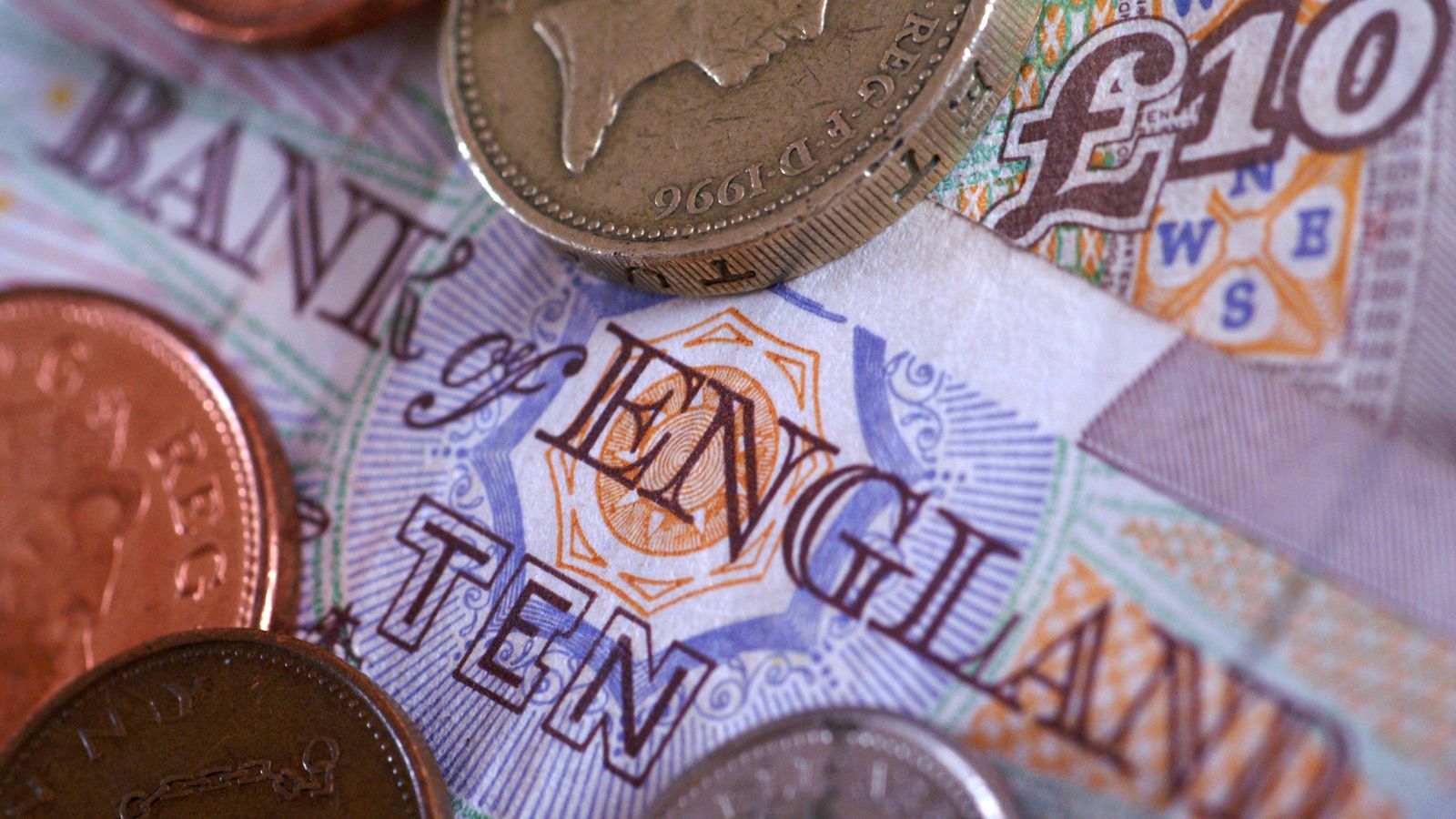Direct debits for energy bills could rise before the next cap increase, it has emerged.
An Ofgem spokesman made the admission that it was possible, just hours before Chancellor Nadhim Zahawi and Business Secretary Kwasi Kwarteng were due to meet gas and electricity company executives at Downing Street to push for solutions to the predicted spike in bills over winter.
Consultancy Cornwall Insight predicted bills are set to soar to around £3,582 in October, from £1,971 previously, before rising even further in the new year.
Customers, therefore, thought they might have had at least a two-month cushion to prepare for the first rise.
However, the Ofgem spokesperson told Sky News: “Direct debits are usually charged in such a way that customers build up an appropriate credit during the warmer summer months when usage is lower, so the amount they pay is evened out over the colder winter period where usage is higher.
“It’s therefore possible for direct debits to increase ahead of a price cap rise, or even when a customer’s use has remained constant.
“But consumers can ask for credit balances to be returned at any time and can contact their suppliers to change how their direct debit is spread so, for example, they pay for exactly what they used in that month and do not build up a credit ahead of winter.”
Cost of living: Why big energy profits don’t mean lower bills
Nearly 50,000 sign petition backing Gordon Brown’s call for emergency budget to tackle cost of living
Cost of living support package being ‘worked up’ for next PM
You can share your story, pictures or video with us using our app, private messaging or email.
:: Your Report on Sky News apps
By sending us your video footage/ photographs/ audio you agree we can broadcast, publish and edit the material.
Read more:
Energy bills expected to hit £4,200 in January, according to dire new forecast
Former prime minister Gordon Brown has suggested scrapping the price cap and negotiating lower rates with energy bosses.
And Tory leadership candidates Rishi Sunak and Liz Truss continue to face questions about what they will do to help struggling families, while Labour has called for a “loophole” in the oil and gas windfall tax to be closed to raise more support cash.
Consumer champion Martin Lewis also made similar calls, telling broadcasters: “I accept the point that Boris Johnson is running a zombie government and can’t do much, but the two candidates – one of them will be our prime minister – they need to get together in the national interest to tell us the bare minimum of what they will do.”
‘Anxiety for millions’
Mr Brown, who previously called for the Tory leadership contenders to set aside their differences and work on an emergency plan with Boris Johnson, has been joined in his calls by a boss at one of the UK’s biggest energy companies.
Philippe Commaret, managing director of customers at EDF, said: “We are asking government and the two Conservative candidates to work with industry, so we can find a viable solution for those customers most in need this winter.
“Customers need to know now that help is coming. Delaying a decision will cause anxiety for millions of people, and discussions need to happen now.”
Subscribe to the Daily podcast on Apple Podcasts, Google Podcasts, Spotify, and Spreaker
Read more:
What happens if you can’t pay your energy bills
What is the energy price cap, and why are bills rising so sharply?
A government spokesperson said: “We are engaging with the electricity sector to drive forward reforms and to ensure the market delivers better results for people across the UK.
“In the meantime, and as we announced in May, the government continues to evaluate the extraordinary profits seen in certain parts of the electricity generation sector and the appropriate and proportionate steps to take.”
There has also been widespread anger this week at Shell, BP and British Gas owner Centrica announcing bumper financial results while households struggle.
Millions of UK homes are already in debt over their energy bills – with £1.3bn owed, even before bills are set to soar by more than 80%, according to analysts at Uswitch.










